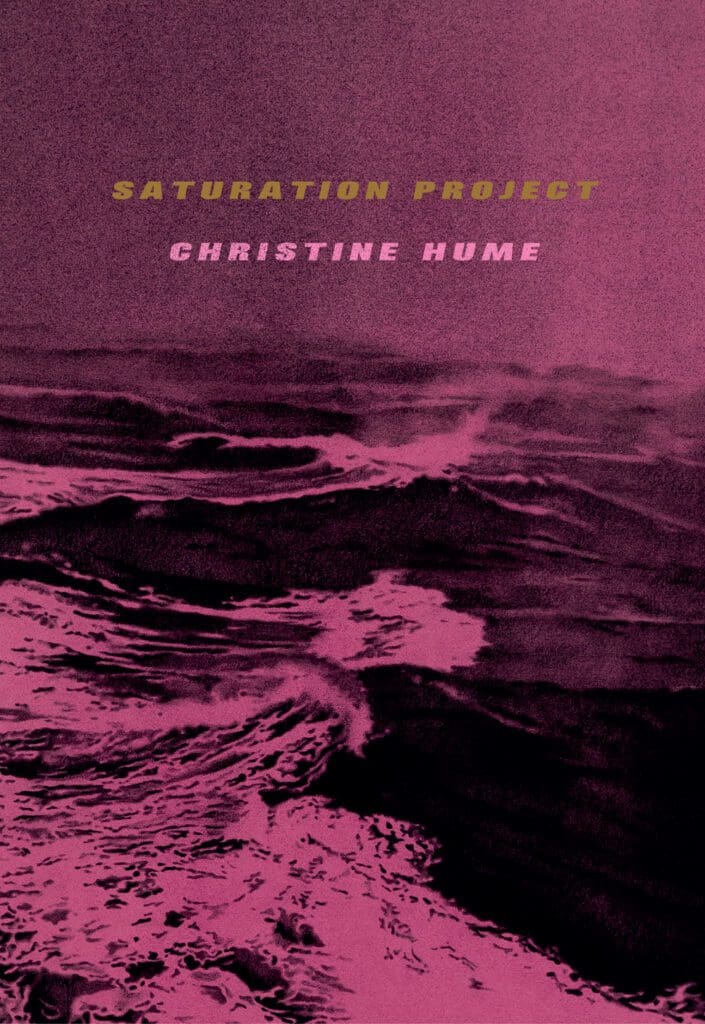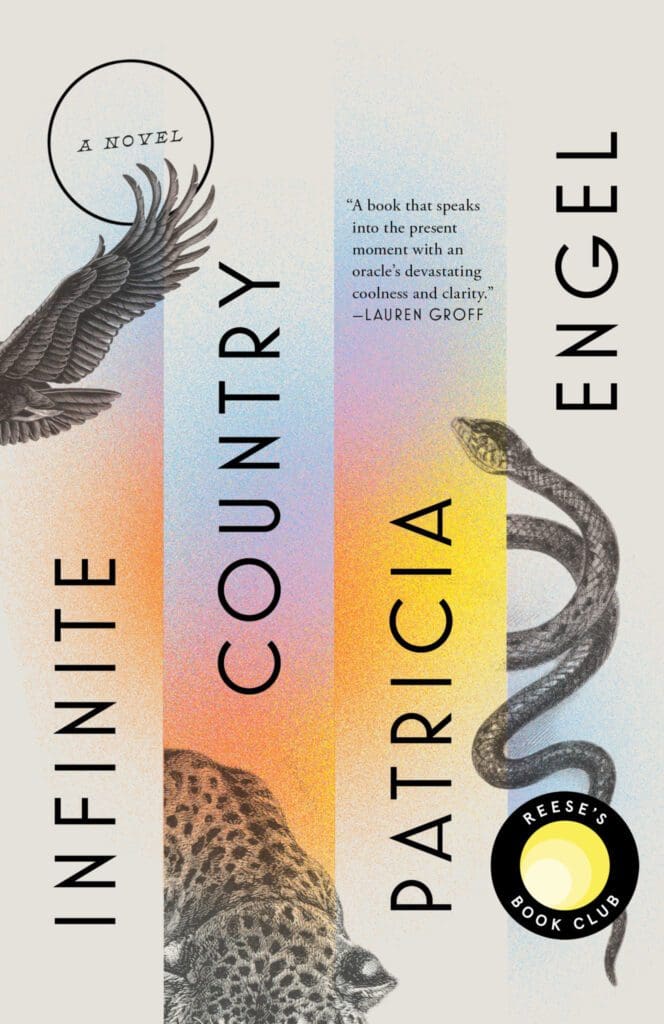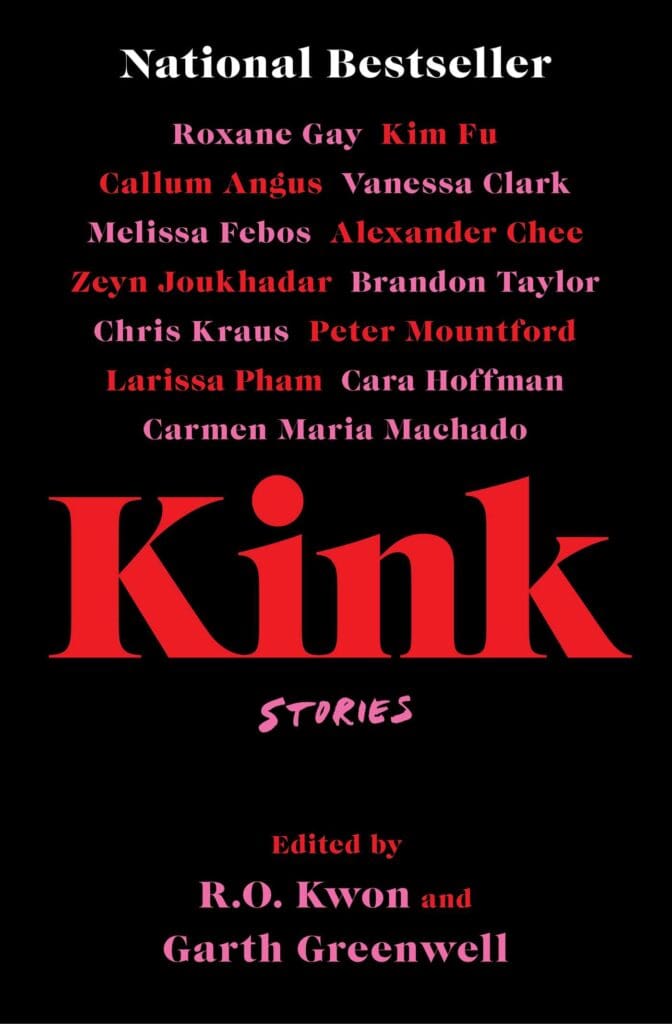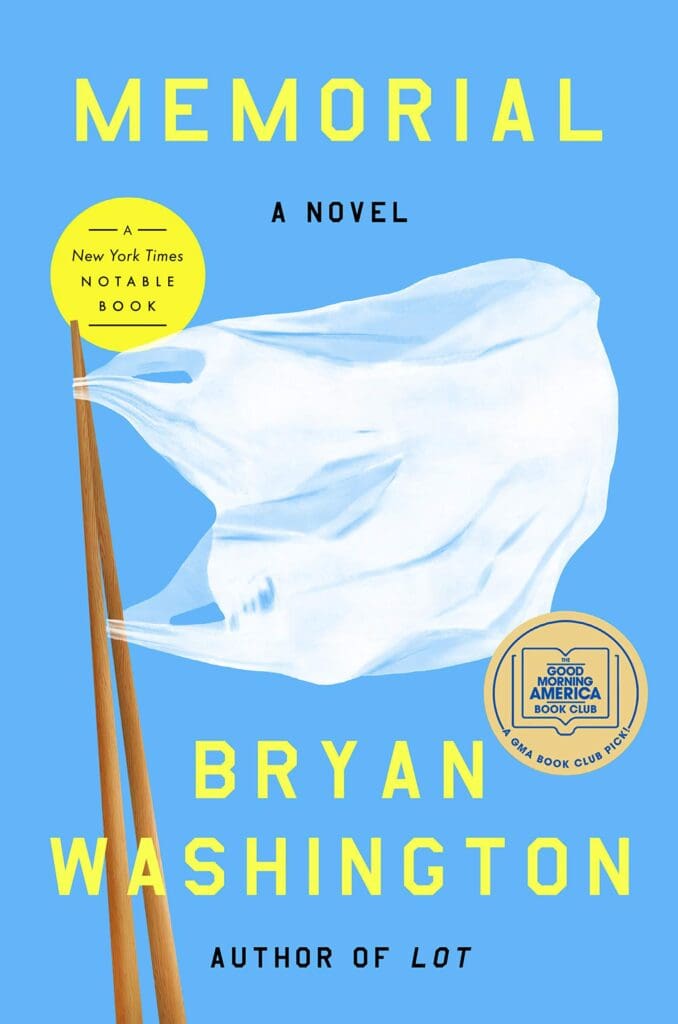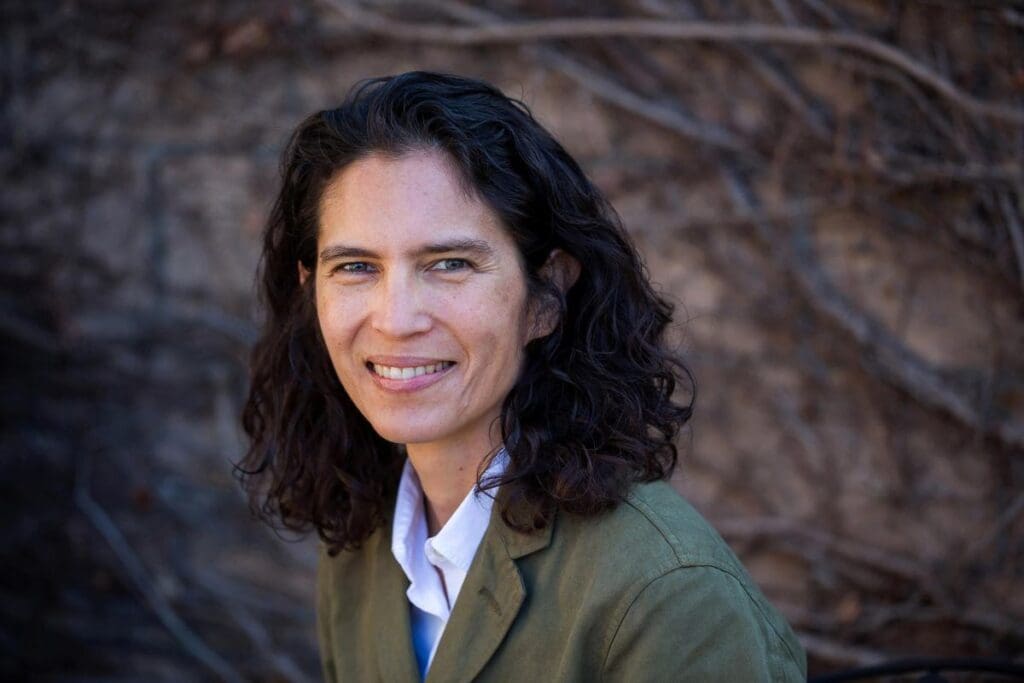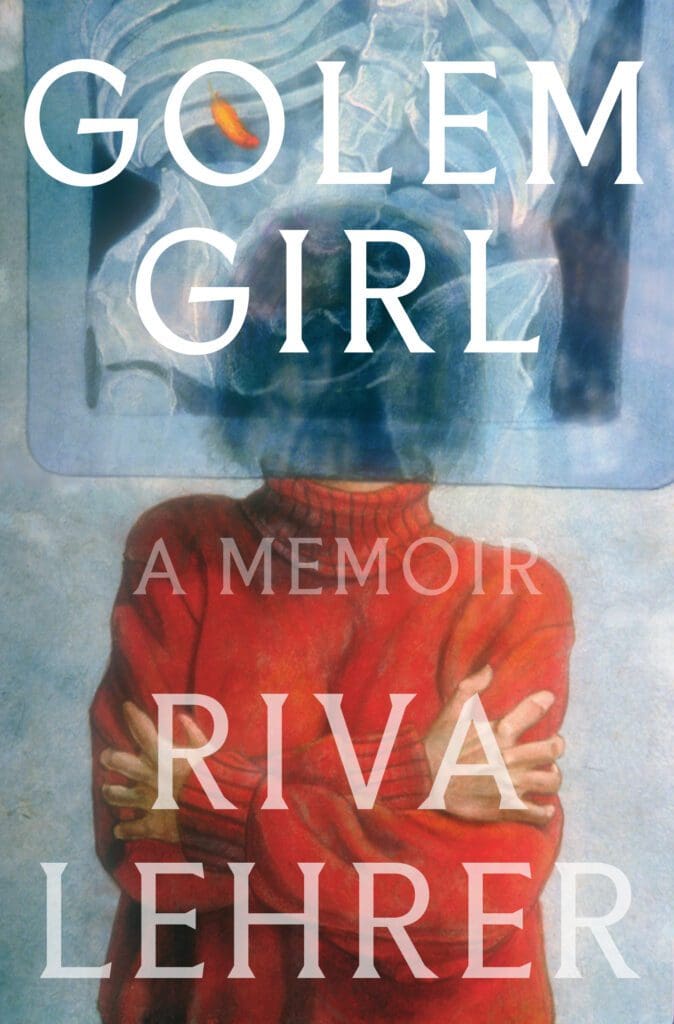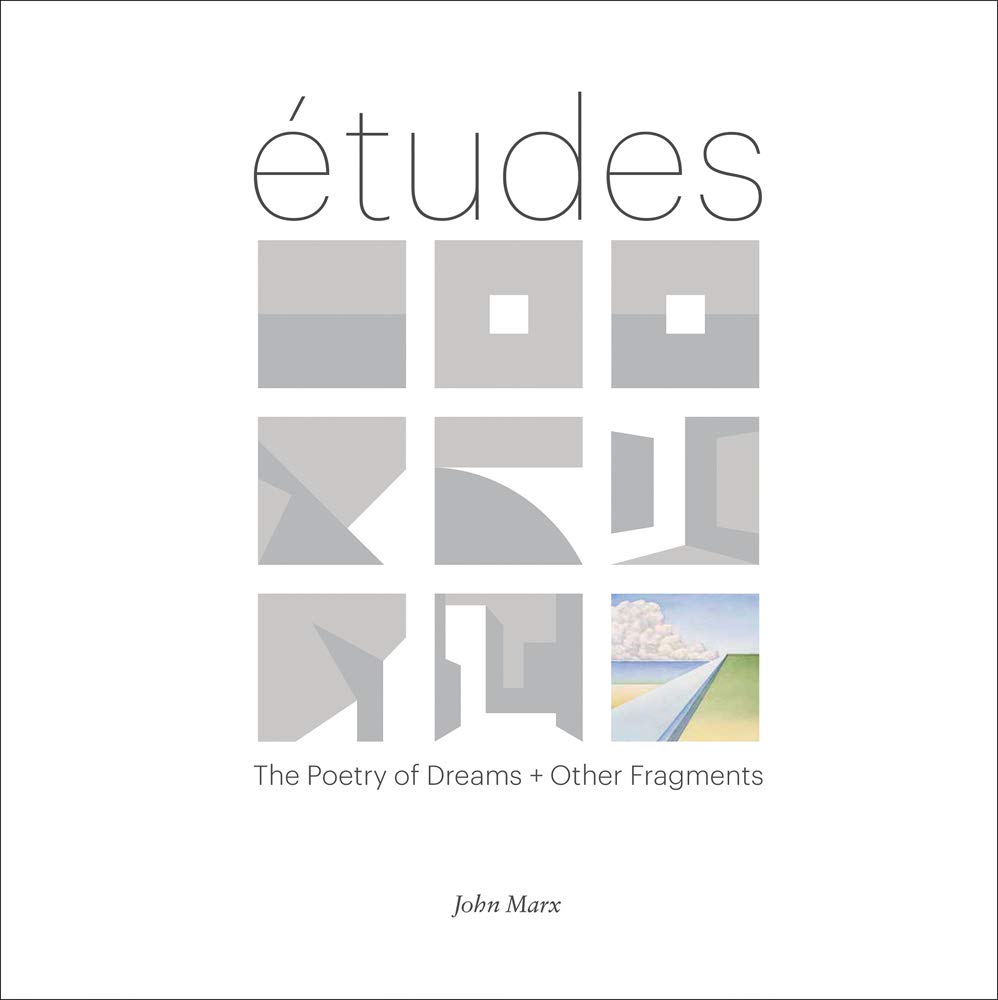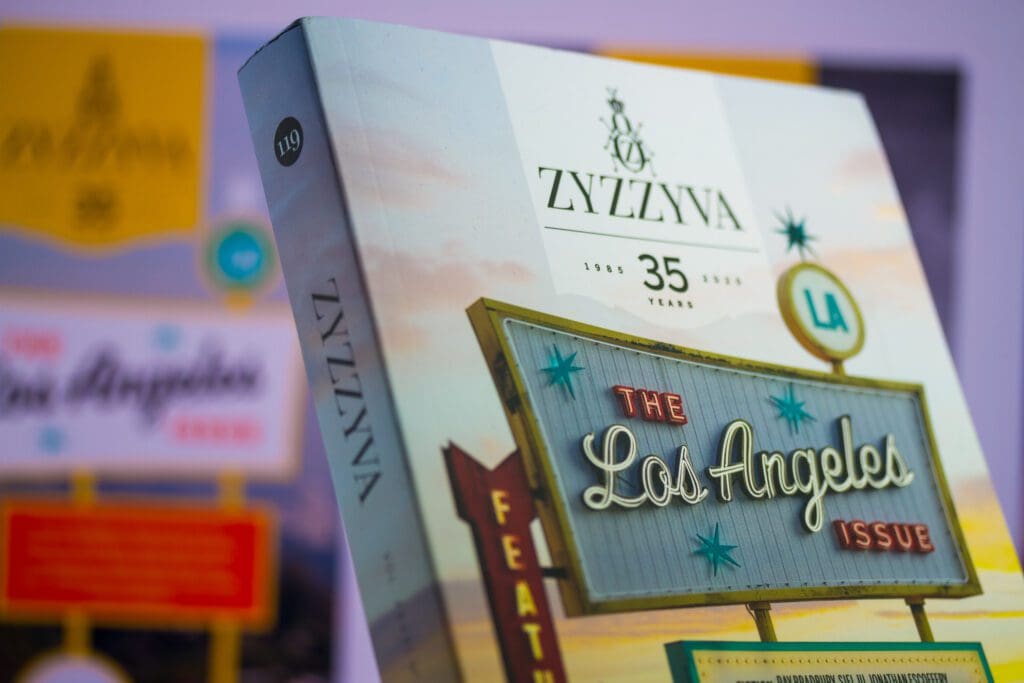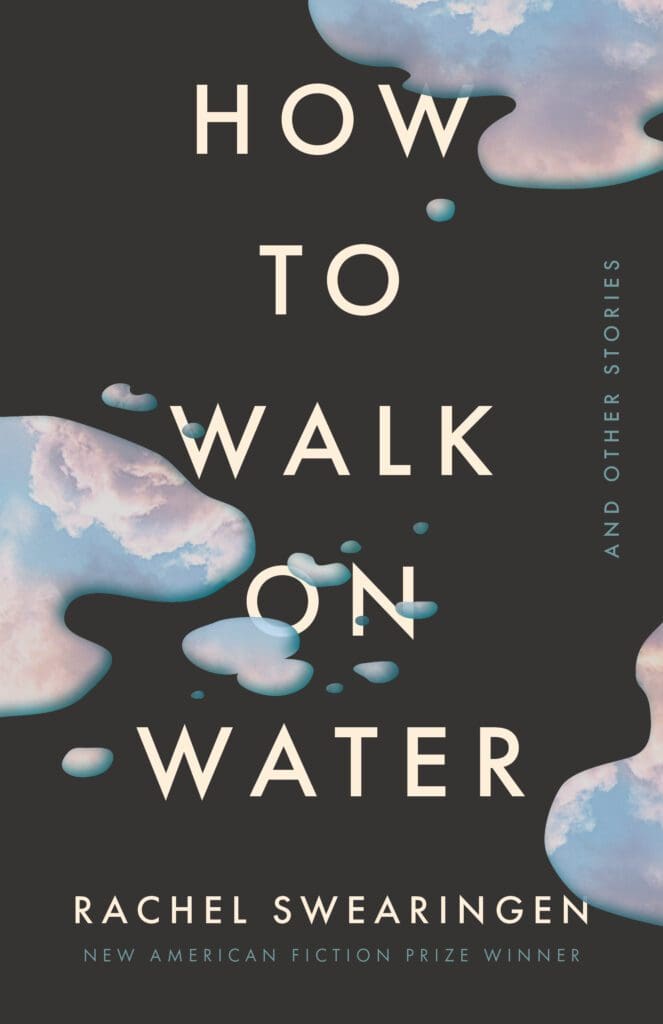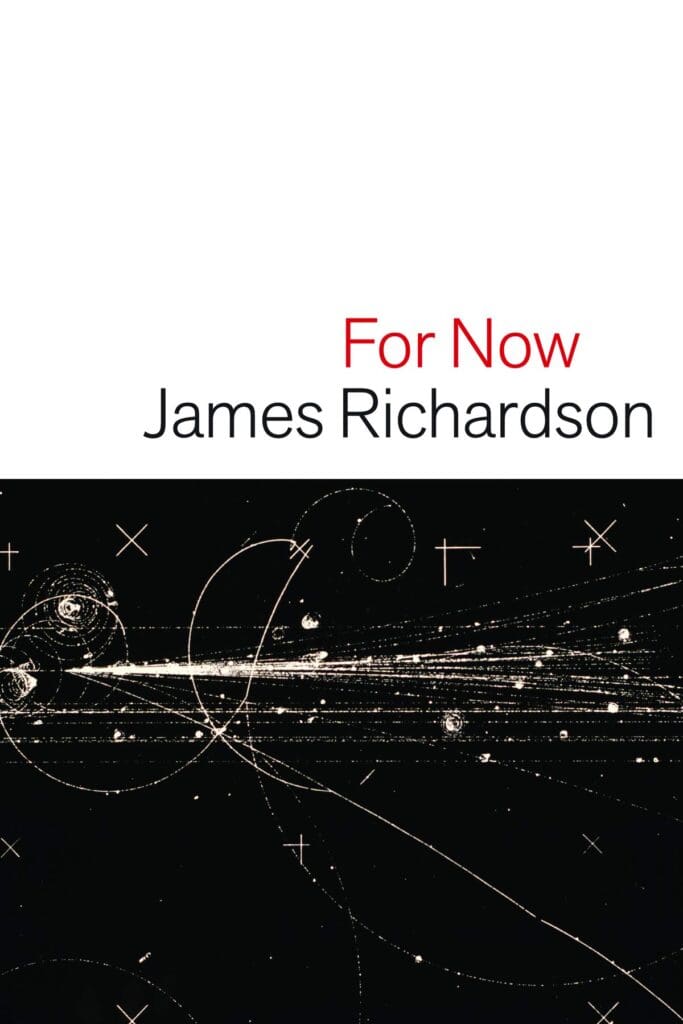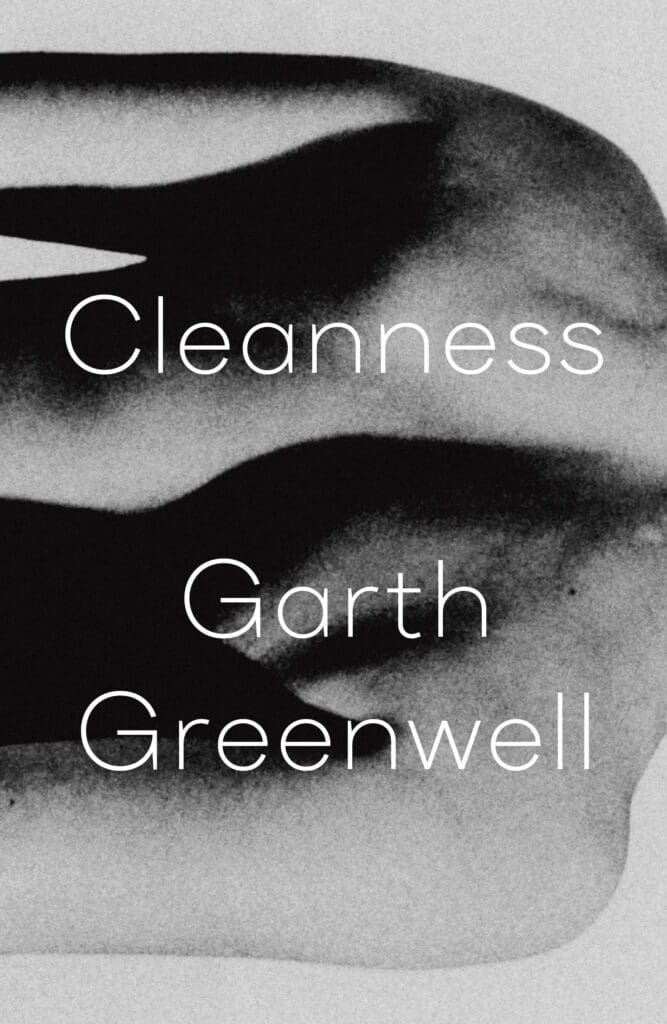Christine Hume’s Saturation Project (192 pages; Solid Objects) is a boldly ambitious piece of experimental nonfiction that defies easy categorization. The book is split into three parts, and in each one we witness the story of a life, and hear the sounds that underlie it, whether it’s the “hum” that grants its name to the middle section of the book or the wind that commands much of Hume’s attention in the third section. Whatever this current might be, it rushes beneath her words like subterranean rivers moving undetected until they either emerge gradually from the depths. Hume spoke with ZYZZYVA […]
Q&A with Christine Hume: ‘Saturation Project’ and Resisting the Myth
by Lily Nilipour
